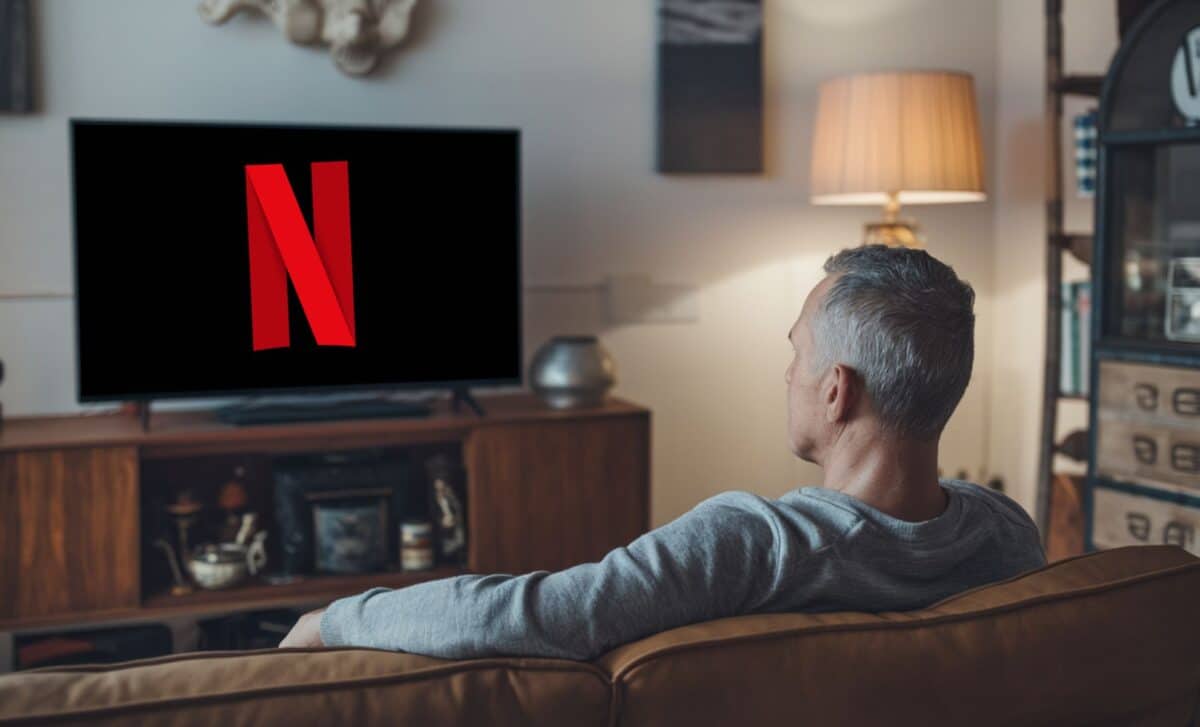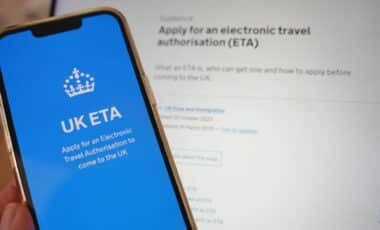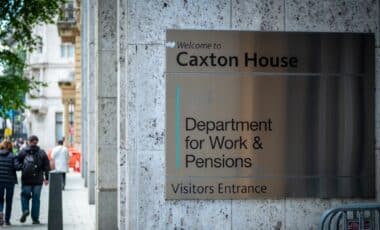Even if they don’t view any BBC shows, users of Netflix and other streaming services in the UK may soon be responsible for paying the BBC’s TV license fee. As traditional broadcasting practices continue to migrate toward on-demand material, the move is part of continuing discussions about how the BBC is funded.
With streaming services like Netflix, Disney+, and Amazon Prime Video becoming more and more popular, the government’s intention to update the BBC’s funding system has drawn criticism. Culture Secretary Lisa Nandy has described the current system, which charges families a TV licence fee for BBC content, as outdated and “insufficient” to sustain the company. This concept is now being examined as part of the ongoing conversation about the future of public service broadcasting.
Netflix : Government Considers TV Licence Reform
The notion of expanding the TV license fee requirement to include additional online programming has been discussed by the government in an effort to guarantee the BBC has enough funding. This could imply that people in the UK who use streaming services like Netflix will have to pay the same fees as people who view traditional TV shows.
Currently, the TV licence is required to watch or stream live broadcasts from channels like the BBC, as well as other platforms offering live content such as YouTube or Amazon Prime Video. This has sparked concerns among those who only use streaming platforms for on-demand content, especially since many households in the UK already face rising living costs. The government has not ruled out these proposals, though they are not actively being considered at present.
However, Lisa Nandy has stated unequivocally that as more people turn to streaming services and away from traditional television, the BBC must find long-term funding options. The government is searching for methods to ensure the BBC’s survival as its current charter expires in 2027. The public broadcaster has been under growing pressure to change to the digital era.
BBC’s Commitment to Value Amid Financial Uncertainty
Even if the funding model is still up for dispute, the BBC has stated that it is dedicated to delivering top-notch content that satisfies the demands of the UK audience. According to a spokeswoman, the company would concentrate on providing consumers with what they expect, such as reliable news and captivating narratives.
Many have criticized the BBC‘s financial approach in recent years, claiming that the license fee is no longer appropriate. Nonetheless, the company maintains that the TV license is necessary to keep it independent and cover every part of the United Kingdom.
Soon, the BBC will begin its biggest-ever public engagement campaign to determine its future course and find out what viewers want from the station.









